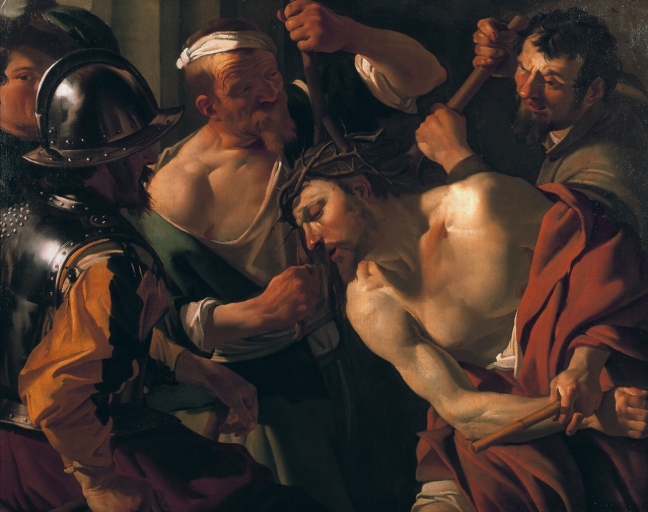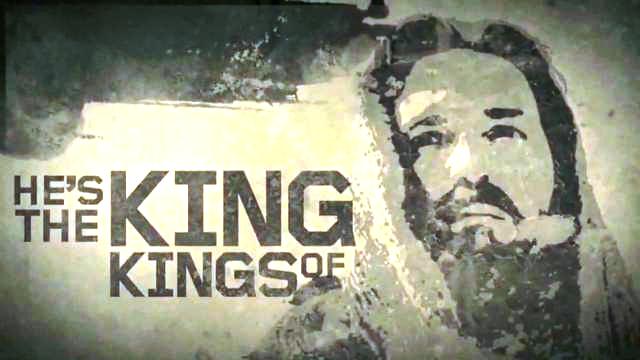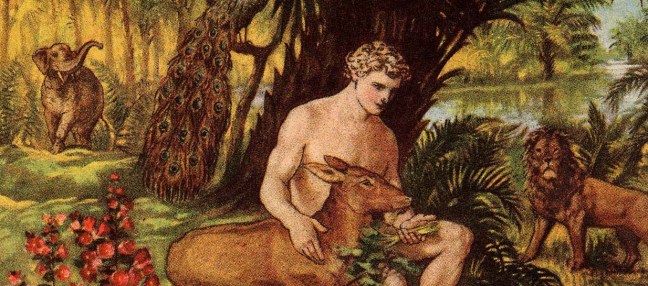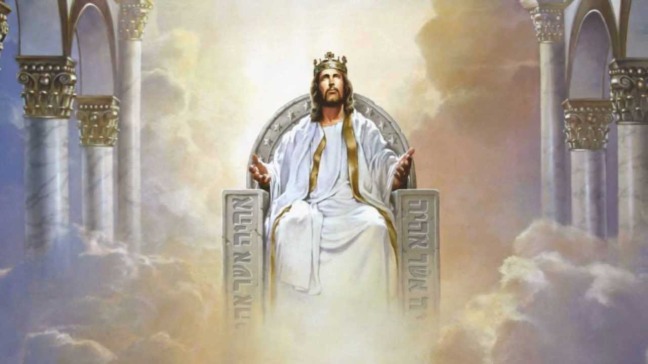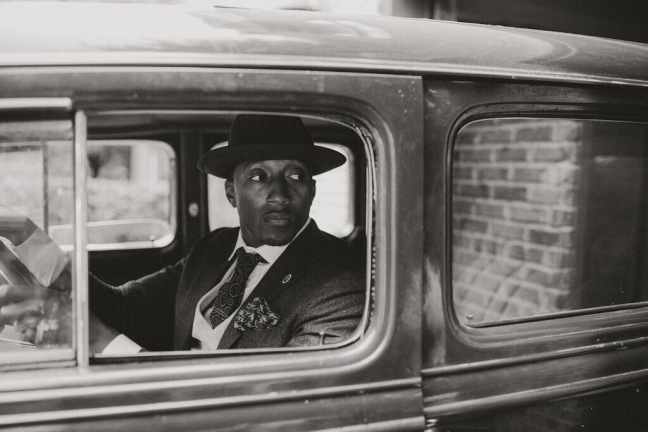WHO AM I VERSUS I AM WHO I AM
“Why send me?”
-Moses (paraphrased)
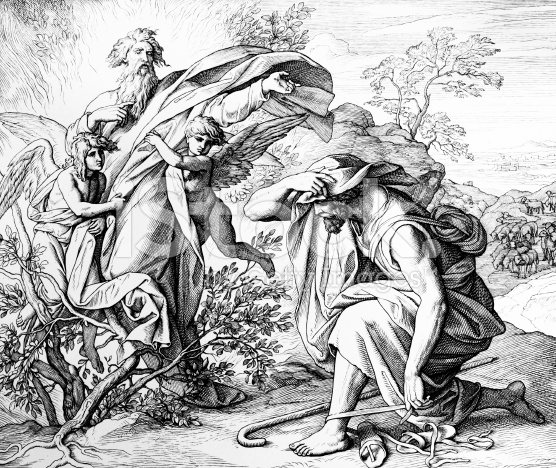
Recently, an interesting question was raised in the middle of a conversation I was having with a close friend of mine. It went a little bit like this, “We live in a very interesting world, where the question of faith in the marketplace is a taboo. It is virtually impossible to be faithful to my God when everyone else isn’t like keeping it straight?”. Something that caught my attention was the hidden intent behind the question. My friend wanted to serve God in her profession. This isn’t odd in the least bit, strange as it might be to the modern day Christian. It is fundamentally essential that some points are made about this matter because truth be told, the faith Christianity offers the world isn’t cheap, fairy-tale based magic, it is special indeed but it is of an entirely different nature.
Enter Moses, a man who was a prince of Egypt. He was a man whose heritage was questionable considering his true lineage, that of the slaves that worked under the same pharaoh that ordered the deaths of all his peers from his toddler years. Moses was saved because of the god-given wit and wisdom of his mother, Yochebed and it was this very act that led him into the courts of the pharaoh as a child of the royalty. In this place of privilege, Moses grew up. He was trained in the knowledge of the Egyptians, skilled in battle as well as made an authority and prince over the people who were Israel–the prince with God. An odd contrast ain’t it? But how far is it from the truth that each of us are currently living out today?
It may not be clear right now, but our current setting is a set up for something more, regardless of our diverse backgrounds. Now, back to Moses; this man, raised to be prince, commander and ruler is later a shepherd of sheep. His sustenance is no longer coming from the state through taxes, but through the sweat of his brow among livestock. If anything, this transition is greatly humbling. Everything Moses never once thought would become his world, is exactly what has become his reality. What’s more, he has married into the home of a religious leader; a priest to be exact. From his biblical resume, he seems to be the leading priest of his land.
All these things began to redefine Moses’ new identity and peculiar as it might seem, it’s at this stage of transition that God approaches Moses. Appearing at a time when he could be least expected-a time when Moses is pursuing a lost sheep-God appears (I really do think that there’s a powerful message in there somewhere; did Moses demonstrate God’s heart as a shepherd and thus prompt him to intercept him at this point?). God appears with a message and a mission and Moses “(now) go tell pharaoh…”. This is an amazing message indeed! But, did Moses realize it?
At the time of of his call, Moses goes through a spectrum of emotions. At first, he is astonished looking at the burning bush that burned and wasn’t consumed by the fire that had engulfed it; secondly, he is fearful when God talks to him from the midst of the fire and lastly, he is in complete awe as God addresses him by name from the midst of the fire. He is amazed by what he sees, but dismayed by the message he is given. This is the essence of a calling from God; a divine message. As some of you might know, Moses knew exactly what it meant for him to approach Pharaoh with the command of the Lord; he was fully aware of the fact that Pharaoh was considered a god. Oddly, this is not a fact that is far from the truth today, we have modern day people who are/consider themselves ‘gods’.But none of these quite compared to Pharaoh. He was the embodiment of the divine, ruling on earth as a god king according to Egyptian belief.
When YHWH appeared to Moses and he did not have a form, Moses did not know what to make of it. All he had was a word of authority from God, and although this was sufficient because Moses understood divine authority, he knew that Pharaoh did not acknowledge the authority of the God of Israel–considering that he had subdued his people. He merely saw this God as another (pardon my language) pitiful god of the weak. Such deities were not given time of day, for such were not seen as possessing any true authority. Hence, when we see Pharaoh’s reaction to Moses’ message, he says, “Who is the Lord that I should obey him?”
It wasn’t just a matter of pride but a matter of what the Egyptians valued over and against what YHWH valued. Here is the crux of the narrative, God knew that it was not an easy task for Moses but he hoped that Moses understood in the middle of his self-doubt and worry that he (YHWH) was implying that he was a King unlike any kind that he (Moses) had ever known and that Moses’ was essentially God’s ambassador–implying another kingdom other than Pharaoh’s. This paradigm shift was probably something Moses may have seen but had difficulty acknowledging initially. He saw that YHWH truly was strange and that he, unlike the gods of his past, cared for the weak–cared for his people.This God was declaring his greatness to one of the world’s greatest kingdoms and powers through sending his agent to it.
His message? My rule is the true rule. I am the true God. I am the life-source of all things. No man, no system is greater than Me. I made all, therefore I am King, God and Master of all creation. This is what the believer is called to embody as truth. Not, merely by sweet intellectual talk, but by dynamic, active ‘doing’ in the world. It may seem difficult but the God who called Moses, is the God who preserved him. He is the same God that redeemed an entire nation plus some Egyptians and made them one. He is the same one that God used Moses as a leader for the people. He is also the same man that became a type of Christ.
So, how mighty is this faith we are called to? Let us reflect carefully upon Moses’ words, as well as our own limitations;
“11 But Moses said to God, “Who am I that I should go to Pharaoh and bring the Israelites out of Egypt?”
12 And God said, “I will be with you. And this will be the sign to you that it is I who have sent you: When you have brought the people out of Egypt, you will worship God on this mountain.”
13 Moses said to God, “Suppose I go to the Israelites and say to them, ‘The God of your fathers has sent me to you,’ and they ask me, ‘What is his name?’ Then what shall I tell them?”
14 God said to Moses, “I am who I am. This is what you are to say to the Israelites: ‘I am has sent me to you.’””
He is with you,
Stay blessed!


